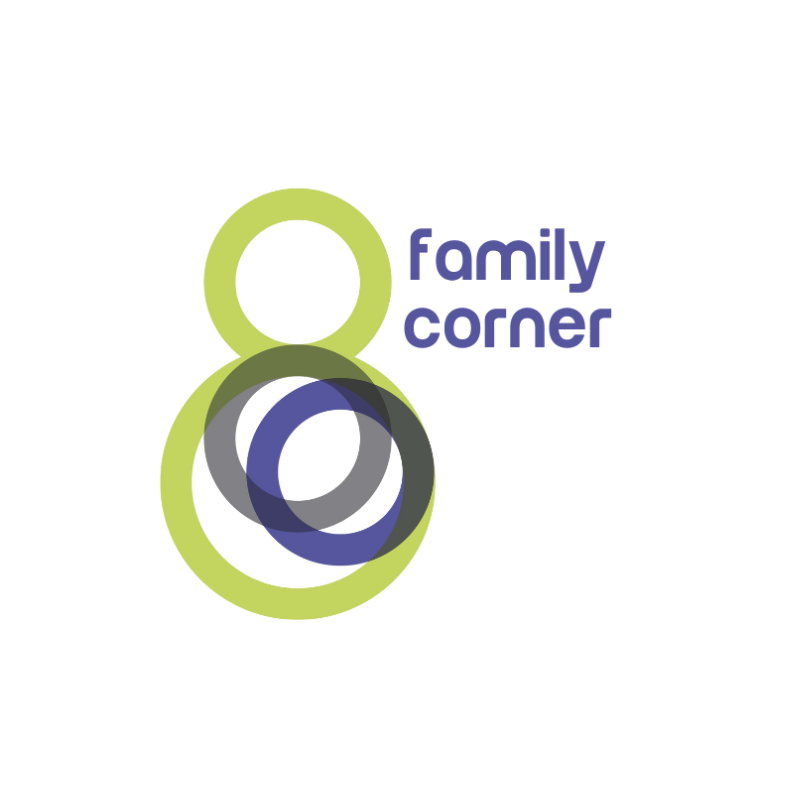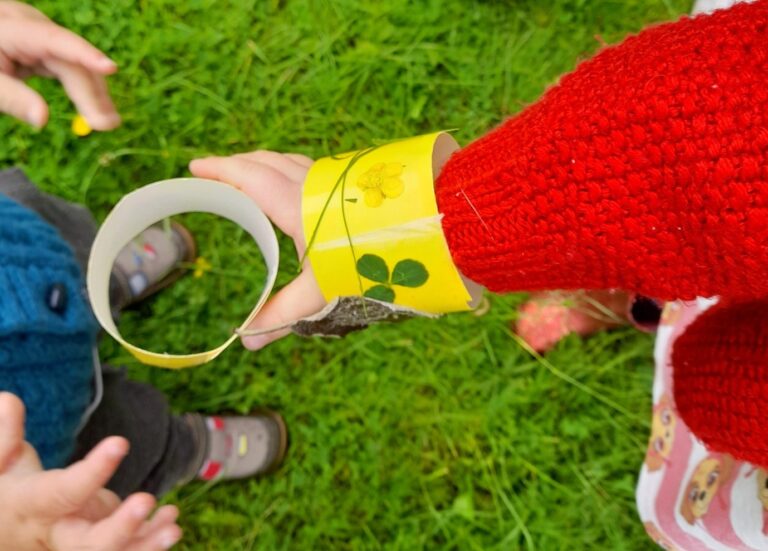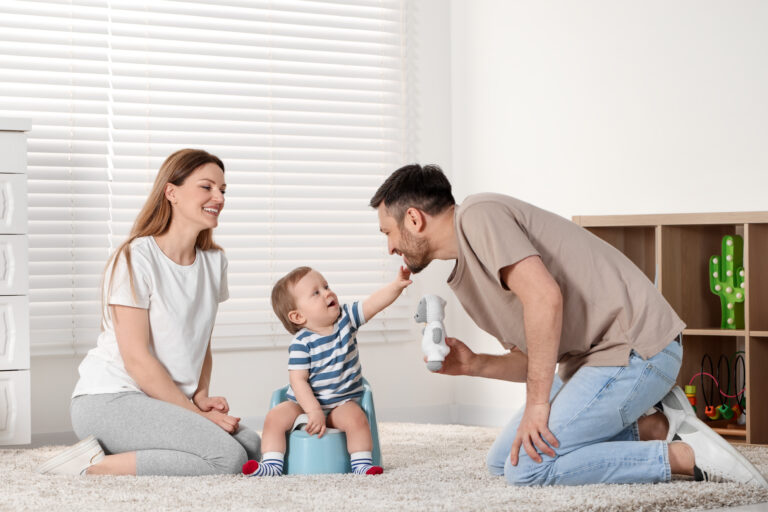Finding the right childcare setting for any child is a big decision — but for parents of children with additional needs, this choice can feel even more complex and emotionally charged. The right environment can provide not just care, but vital opportunities for development, inclusion, and wellbeing. Yet, navigating the system, understanding what’s available, and advocating for your child’s unique needs can feel overwhelming, and it may be hard to know where to even start.
There are a range of childcare options available for your child: some of these will be for children of all abilities, while others will be specialist services only for children with special needs and disabilities.
You also have to consider what kind of childcare you want. You should think about whether you want your child to be cared for in your home (nanny), in a group setting (nursery or pre-school) or in another person’s home (Childminder).
Finding the right childcare provider for a child with additional needs or disabilities can take time — but the right setting does exist, even for those with more complex needs. With support, persistence, and the right questions, you can find a place where your child feels safe, understood, and ready to thrive.
This article will both help explain the process and advise on ways to ensure you get the right environment for your child.
Top tips and ideas
- Start looking as early as you can – some nurseries do have long waiting lists so the sooner you start looking at nurseries and getting your name down on the waiting list in advance, the better.
- Look at their website or social media page if they have one – that should give you some parent/carer reviews, details about what they do in the setting, and some pictures of activities that will give you a flavour of what the setting is like – particularly check out their approach to inclusion, and how visible this is.
- Go and visit settings more than once – consider going both with and without your child – this will give you a chance to see how your child reacts to the setting. Then visiting again alone enables you to look round more thoroughly again, check some things out you were not sure about, or have thought of since.
- Please don’t be afraid to ask questions – make list of everything you want to know in advance. All nurseries have a SENCo (Special Educational Needs Co-Ordinator) – talk to them and find out if they have any children with similar needs and how they support them.
- Experience with other children with SEND: You may also want to ask what experience they have with supporting with EHCP process, applying for additional SEND funding – if they don’t have the knowledge or experience, it may be wise to look elsewhere.
- Make yourself a checklist – note down all the things you want to ask about. Also think about all the things that matter to you about the setting (for example a natural green outside play space, a quiet space or sensory activities) so you can check they are in place.
- How are you able to work with the setting to support your child? It’s important to think about how open the setting is to work in real partnership with you. Children with additional needs often require individualised support, so finding a provider that values your input and is willing to learn from you about your child’s needs is vital. Remember, no setting will be perfect, but a good provider will be willing to adapt and learn. Ask how they communicate with parent/carers and how often you can expect updates about your child’s progress. Strong communication and a shared commitment to your child’s wellbeing can make a huge difference to a successful placement.
Some things to think about generally when choosing your childcare:
Look for providers who welcome and celebrate diversity — not just in words, but in practice. An inclusive setting should:
- Show a willingness to adapt and learn
- Encourage open communication with families
- Celebrate your child as an individual with strengths, not just needs
- Be willing to develop an individualised plan with you
- Apply for additional funding if appropriate (e.g., Disability Access Fund)
Check that they have:
- Experience working with children with similar needs
- Relevant training in SEND, autism, communication strategies (e.g., Makaton or PECS), or medical conditions
- Strong working partnerships with external professionals (e.g., therapists educational psychologists or health visitors)
Consider the physical layout and emotional atmosphere:
- Is the space accessible, calm, and sensory-friendly?
- Are there quiet areas or flexible routines for children who might become overwhelmed?
- How are transitions supported?
Strong, two-way communication is essential. Ask:
- How will they keep you updated about your child’s progress?
- Are they open to regular planning meetings, enabling home-setting consistency?
- Will they welcome you to share your comments, insights and preferences?
Children thrive when they feel they are valued and celebrated and they belong:
- How are differences explained to other children? Ae they celebrated?
- Are inclusive group activities promoted?
- Is your child encouraged to participate fully in the life of the setting or are there any barriers or exclusions?
Trust your instincts:
You know your child best. Trust your instincts — if something doesn’t feel right, it probably isn’t. Visit more than one setting, ask lots of questions, and don’t be afraid to follow up with additional visits. A truly inclusive provider will welcome your curiosity and value your knowledge of your child as a parent/carer.
Useful sources of information and support
Here are some helpful links to support your journey:
https://www.gov.uk/find-free-early-education
https://www.gov.uk/help-for-disabled-child/childcare
Ofsted (The Office for Standards in Education, Children’s Services and Skills) is the government department responsible for inspecting and regulating services that care for children and young people, including schools, nurseries, and childcare providers, to make sure they meet the right standards. You can find details of the Ofsted grading for all registered childcare by visiting www.ofsted.gov.uk.
Coram Family and Childcare has produced an inspirational short documentary series about families with children with special educational needs and disabilities:
SENCo – Special Educational Needs Coordinator- A SENCO (Special Educational Needs Coordinator) is a teacher / early years educator who is responsible for identifying, planning, and coordinating support for children with special educational needs within a school or early years setting.
The Local Offer is a website or guide from your local council that sets out all the support, services, and information available for children and young people with special educational needs or disabilities (SEND), and their families. This includes things like education, health, transport, leisure activities, and how to access extra help. It’s designed to help you understand what support you can expect and how to get it, all in one place.
Legal context
Under the Equality Act 2010, childcare providers are legally required to make ‘reasonable adjustments’ to accommodate disabled children, ensuring they are not discriminated against. This includes making physical adjustments and adapting practices to meet individual needs.
https://www.gov.uk/guidance/equality-act-2010-guidance
FREE ENTITLEMENT – Working parent/carers may be able to get free childcare for a child aged 9 months to 4 years old. If your child is:
- 9 months to 2 years old, you can get 15 hours per week of free childcare
- 3 to 4 years old, you can get 30 hours per week of free childcare
- All 3 and 4-year-olds in England are also entitled to 15 hours of free early education or childcare per week.
- You may be able to get free childcare if you have a 2-year-old and get certain benefits. Children with an Education Health and Care Plan (EHCP) are eligible for 15 hours free childcare from age 2.
Other support: You may also be eligible for direct payments from your local council to help pay for childcare. If you’re working, you may be able to get funding to help pay for childcare for a child with additional needs, through Tax-Free Childcare.
Please check the Government website for latest information – https://www.gov.uk/check-eligible-free-childcare-if-youre-working
An EHCP is a legal document that describes a child or young person’s special educational needs, the support they need, and the outcomes they’re working towards. It brings together education, health, and care support in one plan and is designed for children and young people who need more help than a school or setting can normally provide. Parent/carers, professionals, and the young person (where appropriate) are all involved in creating it, and it’s reviewed every year to make sure it still meets the child’s needs.
This article was originally created as a resource for A Better Start Southend (ABSS). For other useful resources: https://abetterstartsouthend.co.uk/family-resources/











